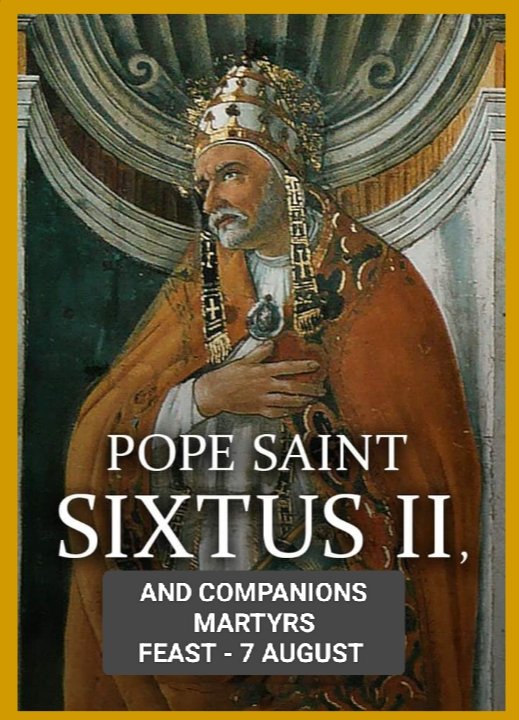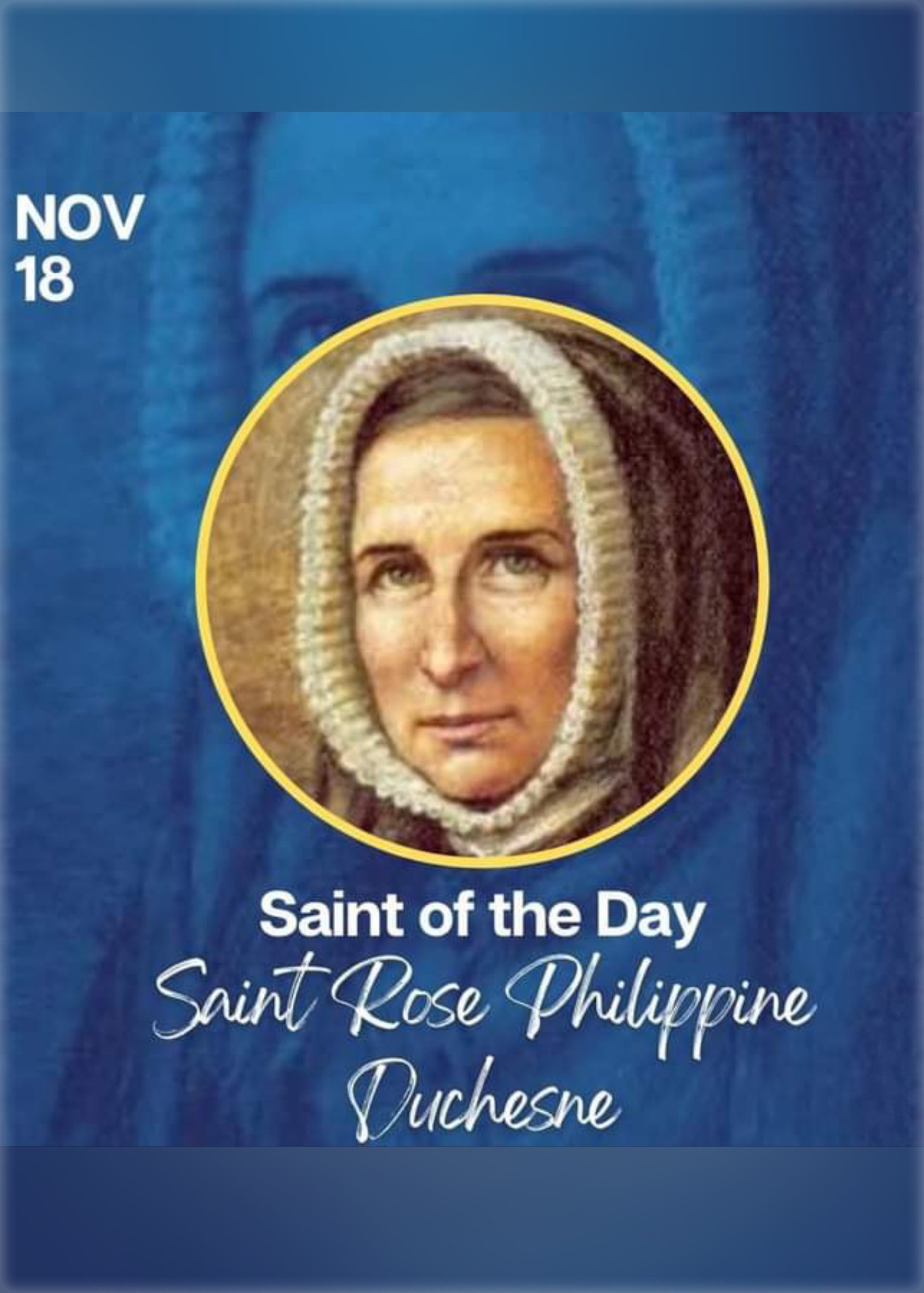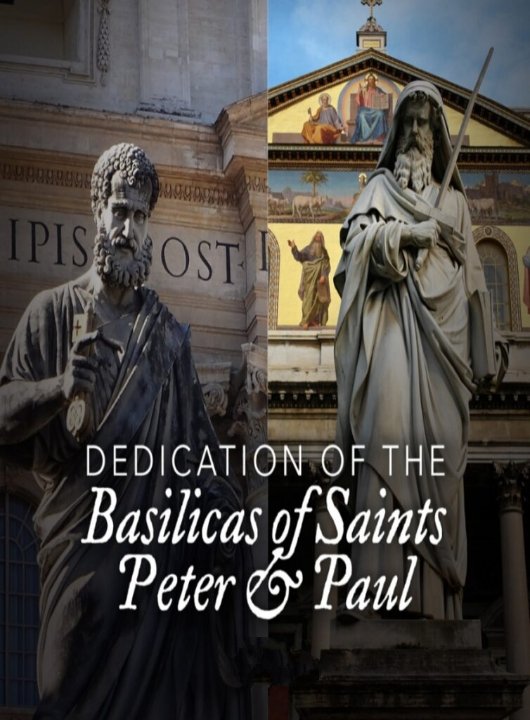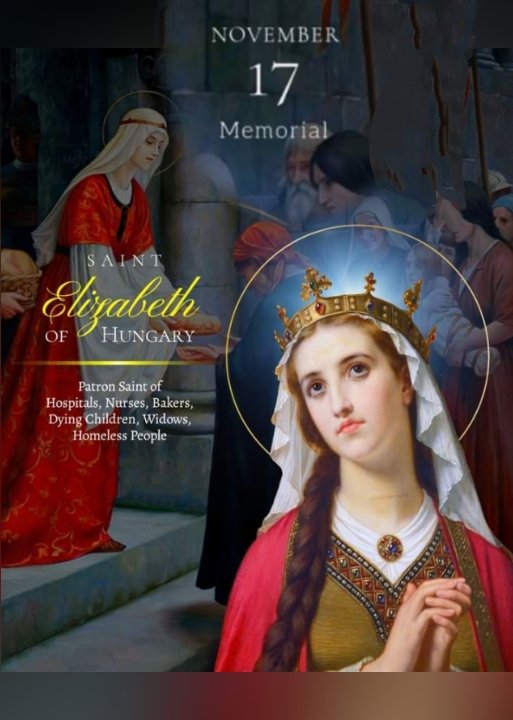
MONTHLY DEVOTIONAL FOR 6th AUGUST
August 6, 2023
Romans 8:11
August 7, 2023FEAST OF SAINT SIXTUS II, POPE AND MARTYR, AND COMPANIONS, MARTYRS FEAST DAY – 7 AUGUST

Saint Sixtus II, Pope and martyr, was bishop in the time of Valerian and Decius, when there was the great persecution. At that time he was seized by Valerian and taken to offer sacrifice to demons. But he despised the commands of Valerian. He was beheaded and with him six others, all deacons, Felicissimus, Agapitus, Januarius, Magnus, Vincentius and Stephen, about August 6.
And after the passion of the blessed Sixtus, on the third day, Lawrence, his archdeacon, suffered also, August 10, likewise the subdeacon Claudius and Severus, the priest, and Crescentius, the reader, and Romanus, the doorkeeper…He himself was buried in the cemetery of Calistus on the Via Appia and the aforesaid six deacons were buried in the cemetery of Pretextatus on the Via Appia, August 6. He is the Patron Saint of Bellegra, Italy.
In the first and second centuries, Emperors Nero, Domitian, and Trajan persecuted Christians, exiling some and killing others. Famous martyrs of that time include Saints Peter, Paul, Domitilla, and Ignatius of Antioch. The Apostle John went into exile. Emperor Domitian was especially violent toward the Christians because he saw himself as a god and expected his subjects to treat him as such. In 250, Emperor Decius issued an edict requiring all citizens to offer sacrifice to the Roman gods for the well-being of the Roman Emperor.
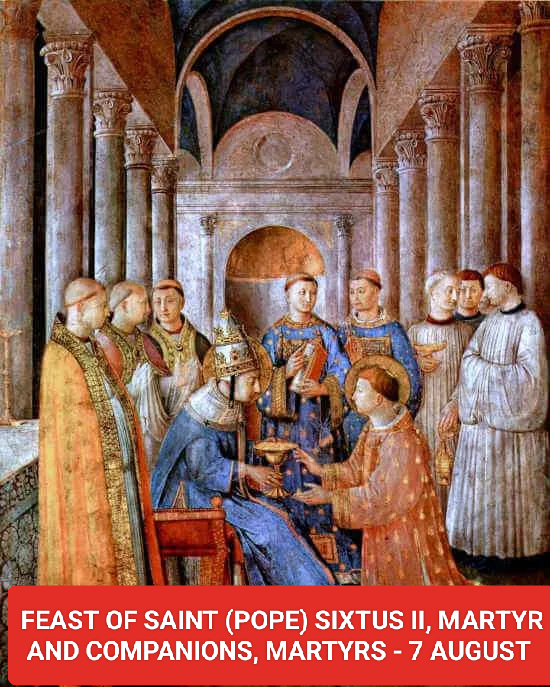
Those who did received an official certificate. Those who did not, could be arrested and killed. This empire-wide persecution not only targeted the leaders within the Church but also the laity. Among the most well-known saints martyred under Decius were Pope Fabian, Bishop Alexander of Jerusalem, and two laywomen, Apollonia and Agatha.
The persecutions under Emperor Decius ended with his death in 251, and the next two emperors were more tolerant of Christians. However, the way that Decius handled Christians had a devastating impact upon the Church. Because Decius required all citizens to sacrifice to the Roman gods and obtain a certificate of compliance, many Christians did so out of fear.
Once the persecutions subsided, the Church had to address the question of what to do with those who had apostatized to save their lives. Many of these “lapsi” as they were called, which is Latin for “lapsed,” wanted to be reconciled with Christ and be readmitted to the Sacraments. Some Church leaders were strict, believing that they should not and could not be readmitted after such a cowardly public act of apostasy.
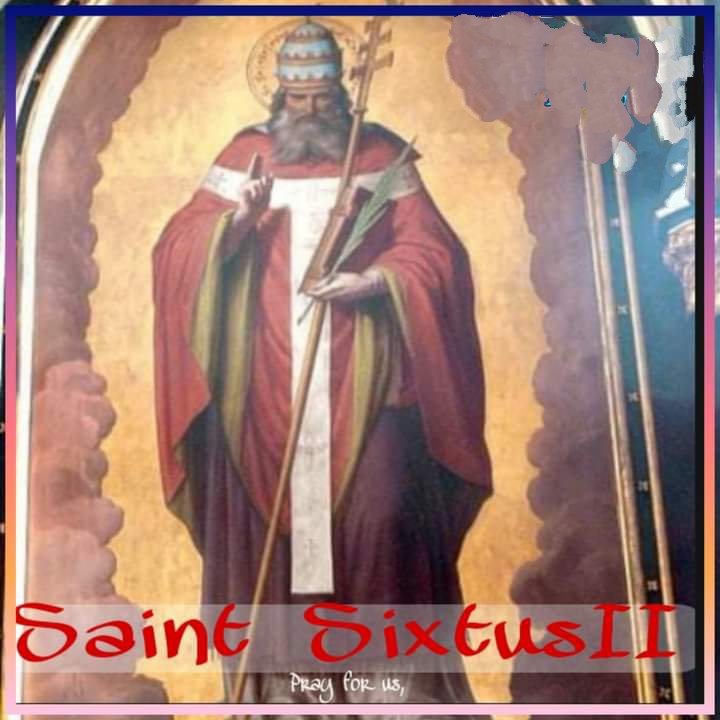
Others held that they could only be readmitted after severe public penance. And others believed that they should be readmitted into full communion with the Church immediately, without the requirement of public penance if their sorrow was sincere. Pope Cornelius and Bishop Cyprian of Carthage were among those who advocated for the reconciliation of the lapsi, taking a more middle-of-the-road approach, which was confirmed and universally adopted at the Council of Carthage in 251.
In 253, Valerian became emperor and was tolerant at first. However, around 257, things changed. He issued an edict that outlawed Christian worship and directed that bishops, priests, and deacons be arrested. Christian nobility lost their titles and property, and Christian senators could be put to death if they did not publicly renounce their faith. It was in that same year that today’s saint, Sixtus, was elected pope.
Little is known about Pope Saint Sixtus II’s childhood and early years, other than that he was most likely born in Greece and may have been well-versed in Greek philosophy. Regarding the lapsi controversy, he was in full union with the merciful approach adopted by the Church. He was well aware of the fear so many Christians were encountering due to the threat to their lives. He was also courageous, not giving into those fears himself.

A related issue that the Church faced during the time that Pope Sixtus served was the question of whether or not those who were baptized by heretic bishops and priests needed to go through a rebaptism when they embraced the orthodox faith. Once the question of readmittance of the lapsi to the faith was resolved, those bishops and priests who refused to accept the decision of the Council of Carthage were deemed heretics. The new question was whether the baptisms of those heretical bishops and priests were valid.
Pope Sixtus came down on the side that ultimately was adopted by the Church, namely, that despite the heretical position of the bishop or priest, as long as he had the intent of the Church, used water, and spoke the words given to us by Christ for the baptism, that baptism was valid and there was no need for a rebaptism. Pope Sixtus worked hard to unite the bishops of the Church, especially the North African bishops, on this issue and succeeded in that endeavor.
Pope Sixtus’ papacy was short-lived. About a year after being chosen as pope, he was among the first of the Christians to suffer martyrdom under the edict of Emperor Valerian II. With him, six deacons were also killed: Januarius, Vincentius, Magnus, Stephanus, Felicissimus, and Agapitus.
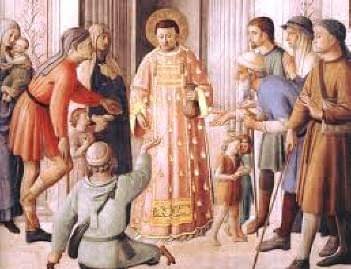
Four days later, Deacon Lawrence also suffered death. Pope Sixtus was buried in the Crypt of the Popes, within the Catacombs of Callixtus located on the Appian Way in Rome. A century later Pope Damasus I honored his tomb with an epitaph, and sometime before the end of the seventh century, his name was inserted into the Roman Canon of the Mass by which he is honored as a martyr.
Though we do not know much about Pope Saint Sixtus II, we know that he is a saint and among the early martyrs of our Church who also fought to unite the Church, treat sinners with mercy, and hold firm to the teachings handed down to us from the Apostles. As we honor this courageous saint, pray that you will be able to give witness to Christ by your fidelity to Him, to mercy, and to authentic unity in all that he calls you to do.
PRAYER
Pope Saint Sixtus II, you walked in the shoes of Saint Peter, also dying a martyr’s death in that same city. You did not fear dying, but only feared deviating from the merciful truths that make us one in Christ. Please pray for me, that I will courageously follow your example by laying down my life for others in every way I am able. Saint Sixtus II, pray for me. Jesus, I trust in You.


